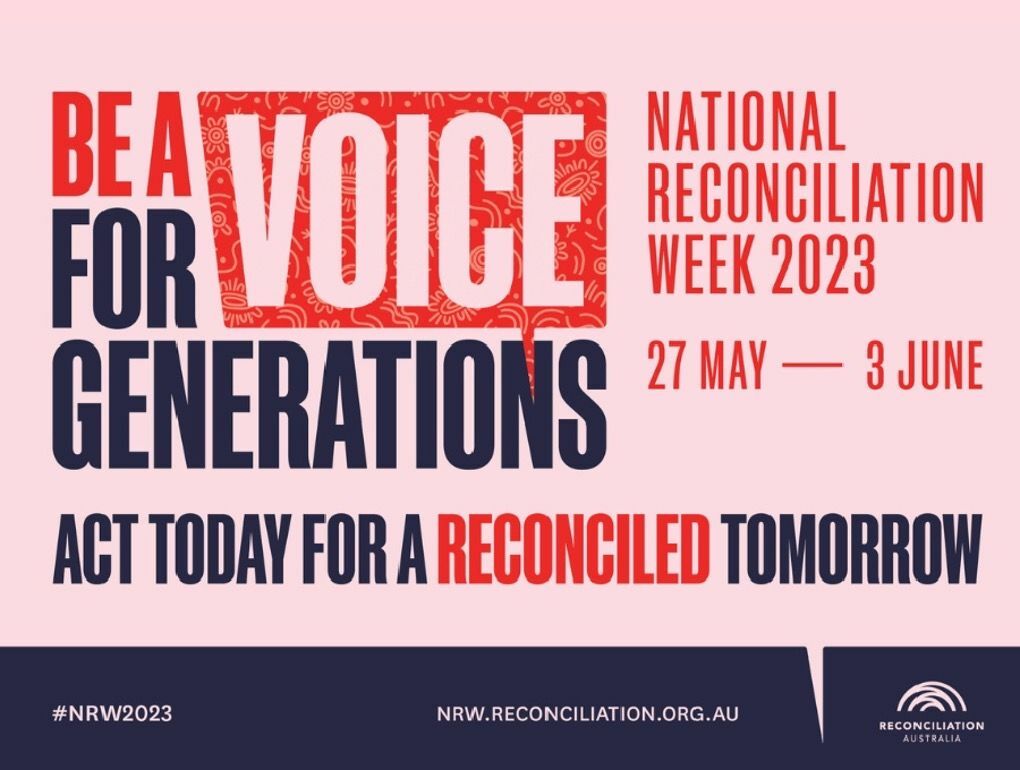Voice to Parliament
Scope accepts the gracious invitation of the Uluru Statement from the Heart to seek a better future together and believe this aligns with our own purpose and vision to see people belong, thrive and live their dreams.

Unique perspectives. Problem solving and innovation. Shattered stereotypes. Dr Cadeyrn Gaskin shares the impacts of having people with disability in leadership roles.
At Scope, we are committed to ensuring people with disability are in leadership positions, from our service delivery teams through to executive leadership.
These ambitions are no different at our Board and Committee level, where 50 percent of members are people with disability, and 80 percent are a family member or carer of a person with disability.
Dr Cadeyrn Gaskin is an Independent Member on our Client Experience and Outcomes Committee and Governance and Remuneration Committee.
Cadeyrn is an accomplished social scientist, with research spanning disability, mental health, healthcare, physical activity, and childhood obesity. He has qualifications in business and psychology, including a PhD, and is a former Board Director of a disability service provider.
He is also a person with cerebral palsy.
We spoke to Cadeyrn about why he joined our Board Committee and what can happen when people with disability are in leadership roles.
Improving participation of people with disability
I chose to nominate as an Independent Member of the Scope Board Committee to contribute to efforts to improve the social and economic participation of people with disability.
Disability service providers are uniquely positioned to protect and promote the human rights of people with disability and support their participation as equal citizens in their communities.
They have opportunities to demonstrate how people with disability can more fully participate in society and encourage them to be ambitious in what they aspire to achieve in their lives.
Nothing about us without us
Having people with disability in leadership positions across Scope is essential for ensuring that their voices influence decision making that affects the thousands of people the organisation supports.
People with disability in leadership is one way Scope can show its support and commitment to nothing about us without us. This is a key disability rights principle that means decisions should be made with the full participation of the people they affect.
Leaders with disability often have unique perspectives that inform problem solving and innovation, leading to better services for people with disability. They also have important roles in ensuring the organisation remains accountable for actions taken that affect people with disability.
There is also a compelling business case for greater disability inclusion as organisations that are more inclusive of people with disability do better financially.
Shifting perceptions
One of the most significant problems facing people with disability is the pervasiveness of the low expectations that many have of us and, sadly, many of us have of ourselves. Having people with disability in leadership positions is a direct challenge to prevailing stereotypes that we are incapable.
Leaders with disability can help to shift perceptions of people with disability. They can begin to normalise the notion that people with disability are competent and can contribute meaningfully to society. They can also serve as inspiration for others with disability, causing them to lift their aspirations and emboldening them to pursue their dreams.
I hope one day it will be unremarkable to see people with disability lead similar lives to those without disability and that we have similar expectations of people with disability.
Leadership to drive change
The last several decades have seen major changes affecting many people with disability in Australia.
However, many still experience discrimination, disadvantage, and poor outcomes across several areas of life. This includes health and access to healthcare, housing, education, employment, and social participation, and are also more likely to experience abuse, violence, and neglect.
But people with disability have increasing opportunities to improve their social and economic participation in society thanks to growing recognition of the rights of people with disability, increasing awareness of how environments can be adapted to suit everyone’s needs, and improving paid supports.
People with disability also have an important role in driving changes in society.
Leadership is a behaviour, not a job title, and we have opportunities to show leadership in what we do and through speaking up.
I’d encourage people with disability to display leadership often.
Cadeyrn is part of our 2024 International Day of People with Disability series which celebrates the theme ‘Amplifying the leadership of people with disability for an inclusive and sustainable future’. From 28 November – 3 December, we're sharing the stories of just some of our leaders living with disability and clients who are dreaming big and achieving their goals.